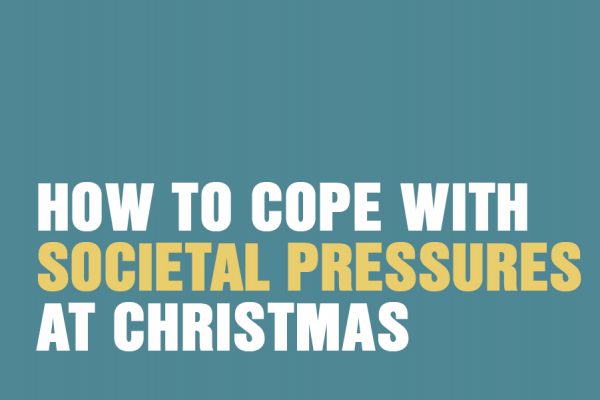The potential of social media to affect our mental health is becoming a bigger issue these days. The light side of social networking sites such as Facebook, Twitter and Instagram is the ability to connect and share ideas, updates and images with people from far and wide. Yet there is also a darker side that has been emerging in relation to the impact social media sites have on how people feel about themselves.
This impact is especially prevalent among young people who have grown up with social media part of the fabric of their everyday lives. While on the one hand using social media can help their individual expression and create a sense of self-identity, too much usage can take its toll on mental health.
Here are some of the mental health challenges that social media has thrown up for all ages, according to recent studies:
Body image: Photo-sharing app Instagram is said to have the worst impact on young people’s mental health because of the focus on body image and of having to live up to the ‘perfect’ photoshopped figures of famous people in the media. (Source: Royal Society for Public Health).
Anxiety: Fear of missing out (FOMO) is a phenomenon where people are terrified to be left out of the communication and community. People feel compelled to respond to invites, like their friends’ photos, and post stuff of their own. This can lead to feelings of dread and emptiness, not to mention the anxiety of being ‘always on’ and having to post a commentary on your perfect life.
Making unfavourable comparisons: A fast route to unhappiness is to compare your life with others, and believe that everyone else is having a better, funnier, shinier life than you. (Source: Cornell University). Comparing yourself with others can damage your wellbeing and sense of self.
Tech addiction: At its extreme, constantly checking your smartphone can lead to tech addiction – an inability to put your phone down or switch it off, even sleeping with it under your pillow so you don’t miss out (FOMO again). The urge to check your phone can be as addictive as slot machines. Some Google, Facebook and Twitter workers have even united in a campaign for tech companies to make their technology less addictive. (Source: The Guardian).
Self-esteem: The number of likes received on social media for a picture or a post has been said to affect the self-esteem of the person who posted it. Higher number of likes equals higher self-esteem. It’s not healthy for anyone to pin their emotional wellbeing on the opinions of others, and it is people with a stronger sense of purpose in life who don’t feel as affected by the quantity of likes. (Source: Cornell University).
Depression: Using multiple social media sites – and the inherent multi-tasking that involves – is said to be a factor in low mood. (Source: University of Pittsburgh). However, it is also the risk of making a ‘gaffe’ online and being laughed at, or being cyberbullied, that can contribute to people having negative thoughts and feelings about themselves – which can lead to depression. (Source: Stony Brook University).
Here are our tips for social media wellbeing to offset the challenges above:
Unfollow people. Think about cleansing your Facebook friends list so you keep in touch only with those friends who matter to you and who care about you – and vice versa.
Seek support if something upsets you. If you post something online that brings backlash or ridicule, don’t sit with those feelings alone. It can feel tremendously hurtful when something you’ve posted gets taken the wrong way. Speak to friends and family about it, and if necessary report any offensive replies to the social media site manager.
Think quality rather than quantity. Instead of subscribing to multiple social media sites, pick the one that brings you the most joy and community. Enjoy engaging with like-minded people and forget the rest.
Turn off your notifications. If you don’t know what’s going on, it will free up your mental and emotional space for things happening in the real world. You can then log on and check your social media when you decide you have time.
Go grey. There’s a setting on your phone – greyscale – that switches off from colour and instead shows everything in black and white. It’s said to support people trying to wean themselves off their phones. Try it to see how less appealing those images look in black and white.
Get a sense of purpose. If you have your eye on the future and are working purposefully towards it, you’ll feel less likely to feel rewarded by something small in the present (such as a like on Facebook). Likes are great, but they don’t need to affect how you feel about yourself at your core.
If you’re struggling with social media or any other behaviours that are limiting your life, talking to a therapist could help. We have counsellors, psychotherapists and psychologists at our centres in Clapham and Tooting. Call 020 8673 4545 to book your first appointment.







